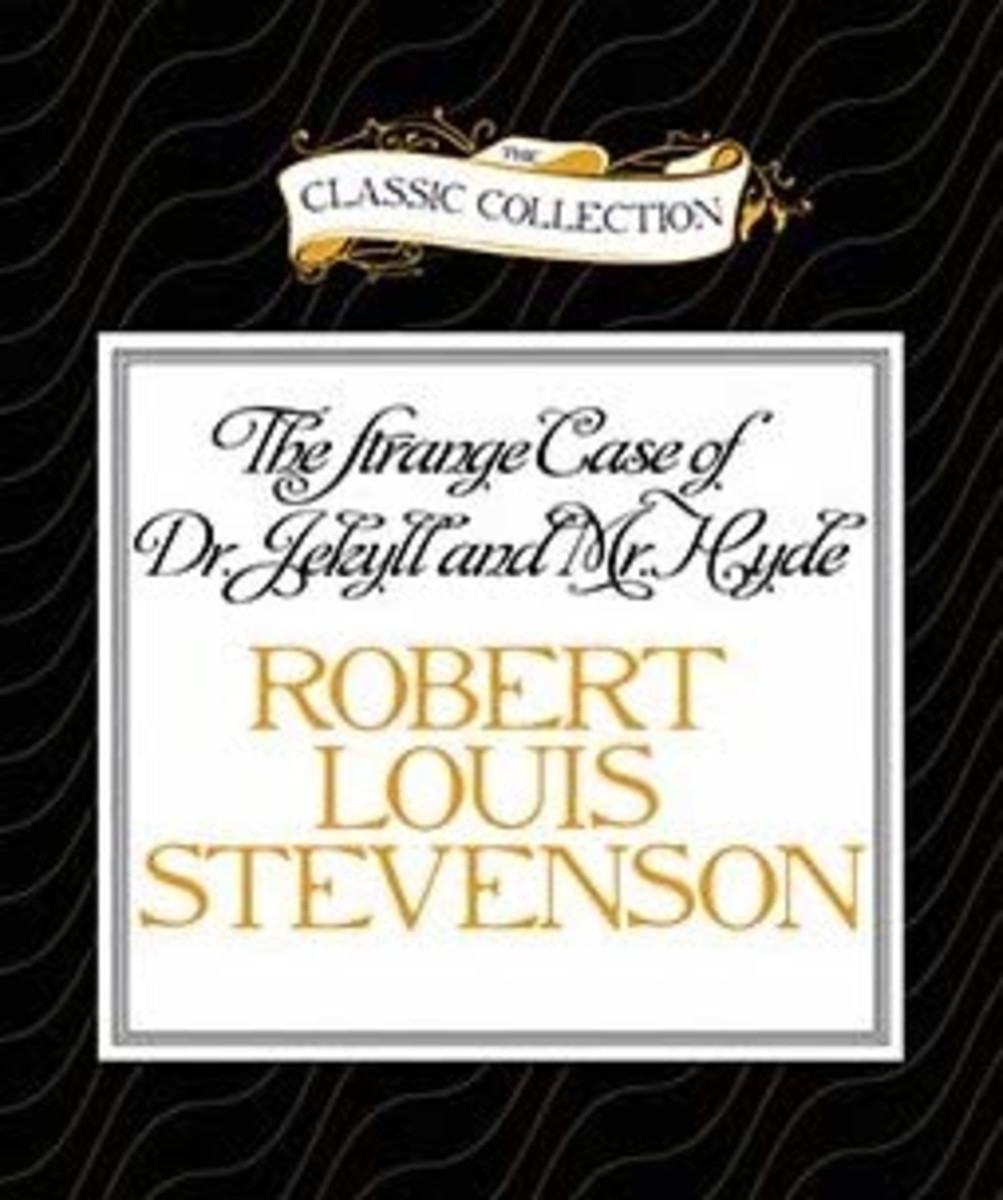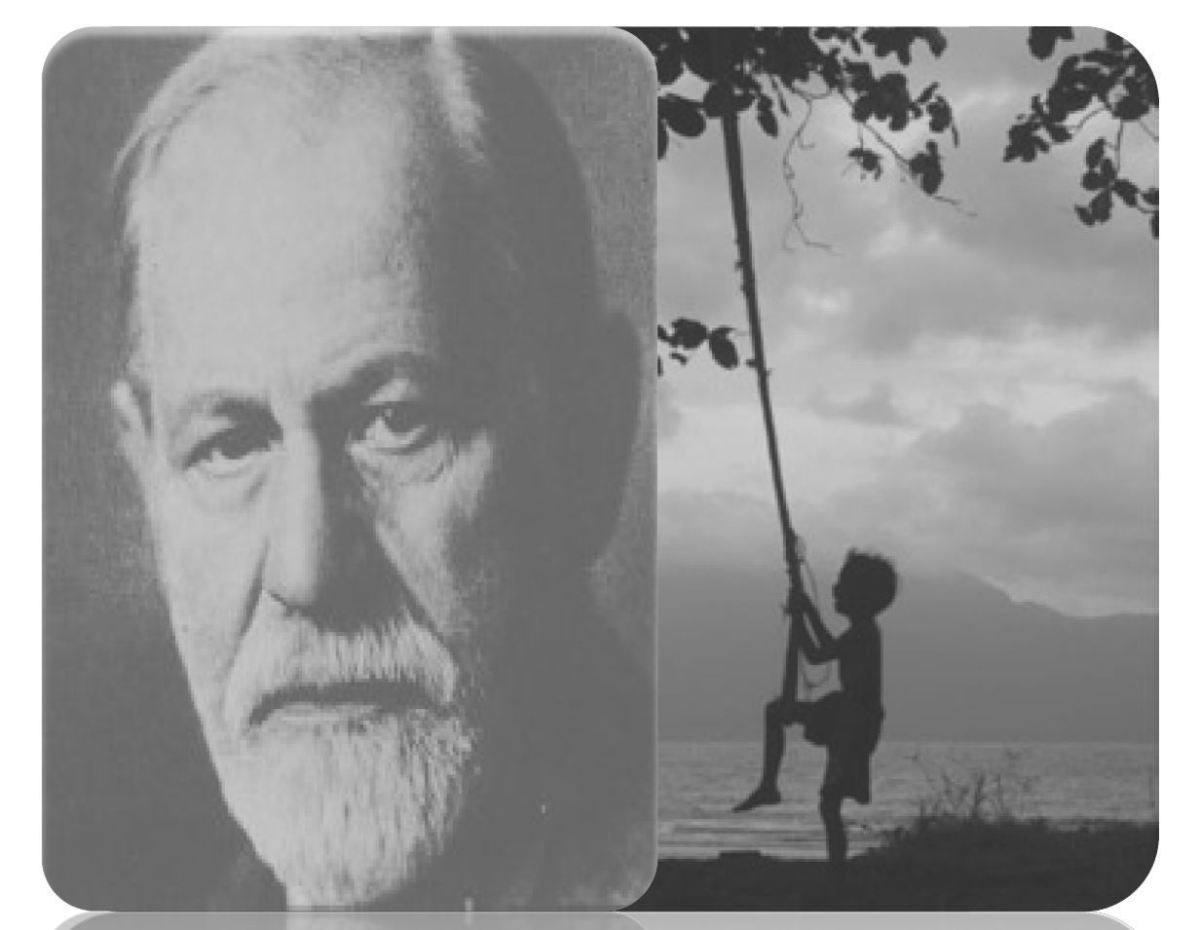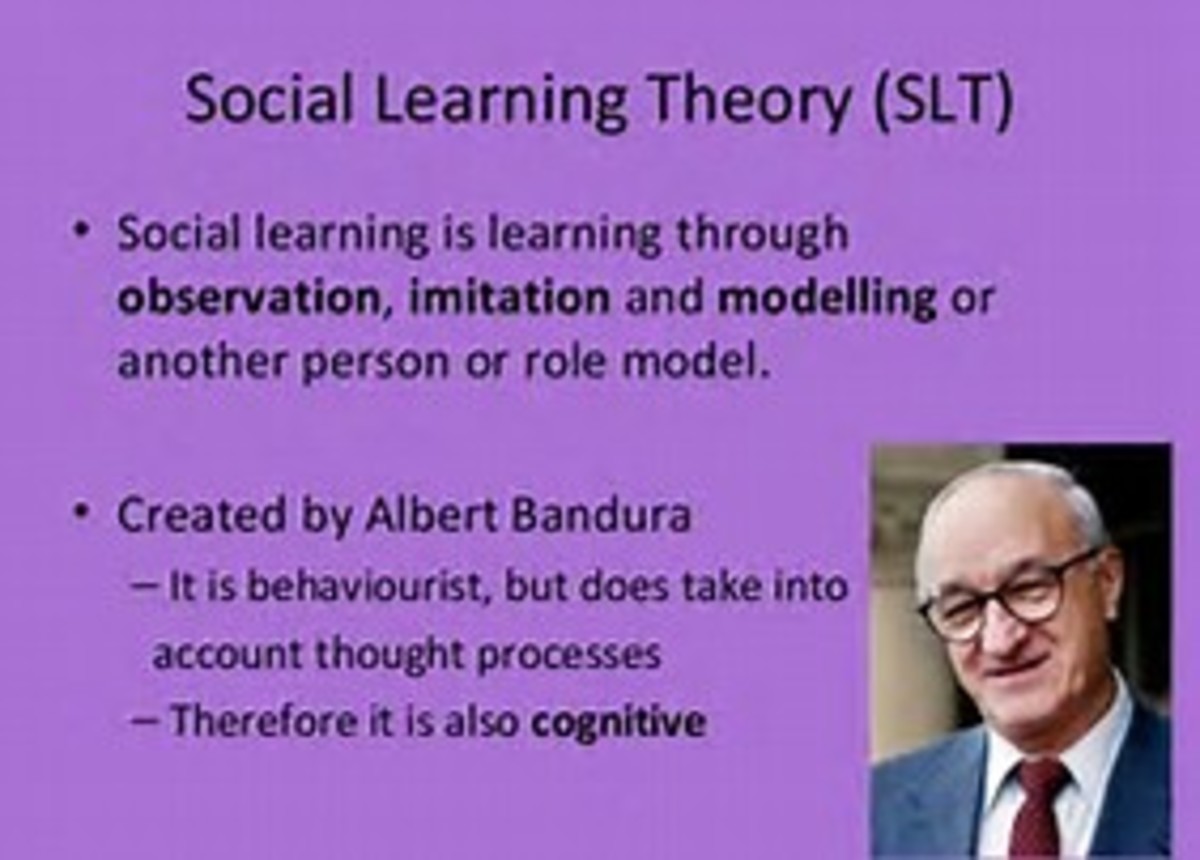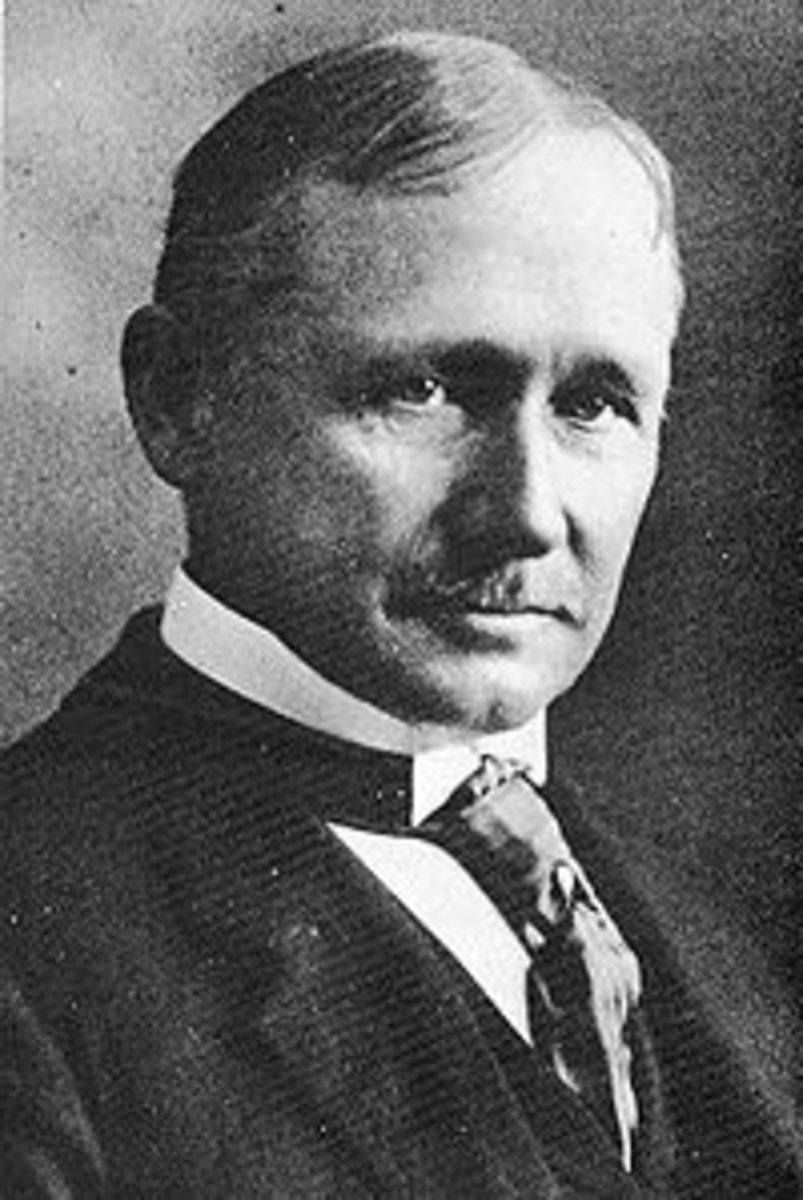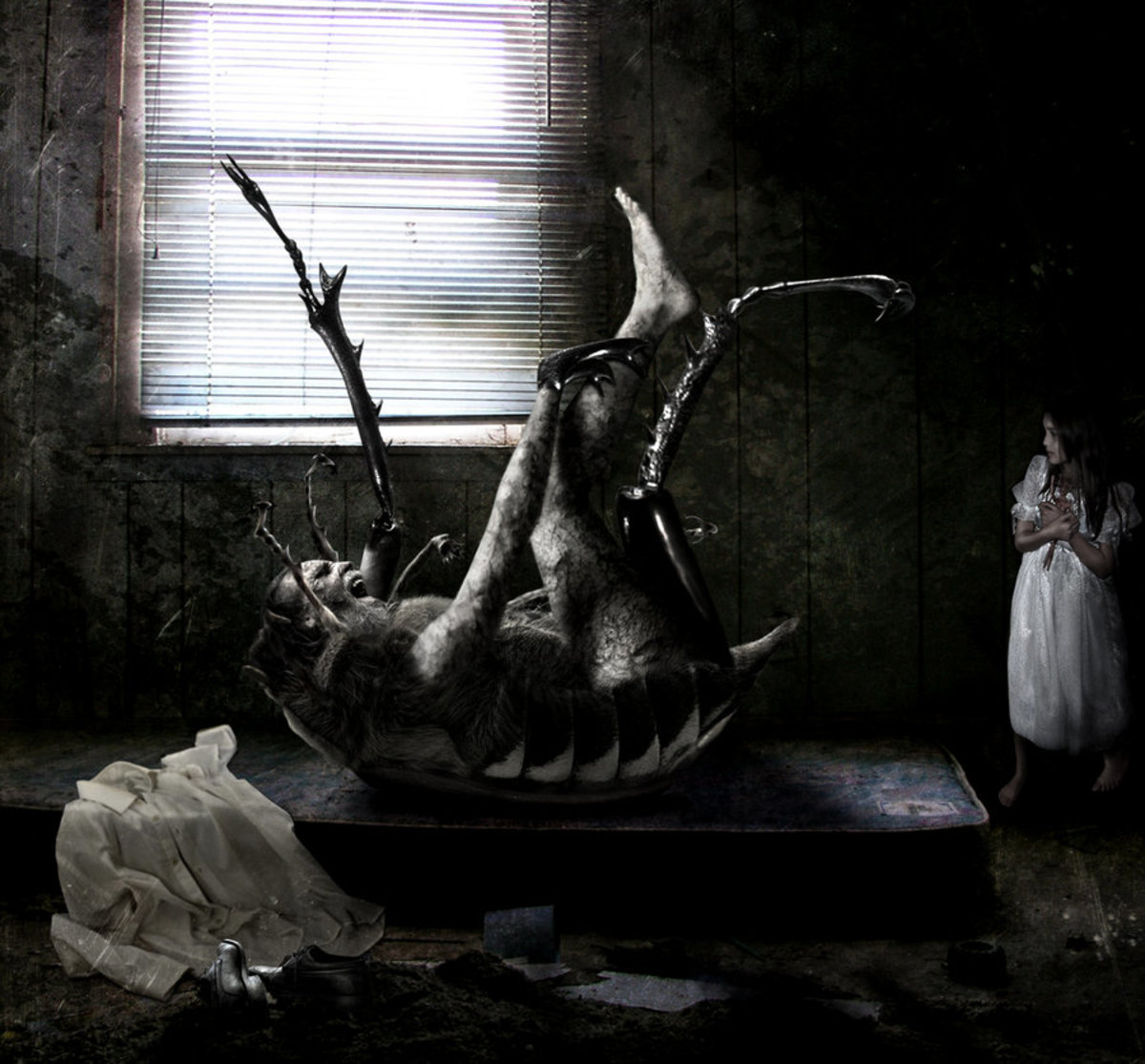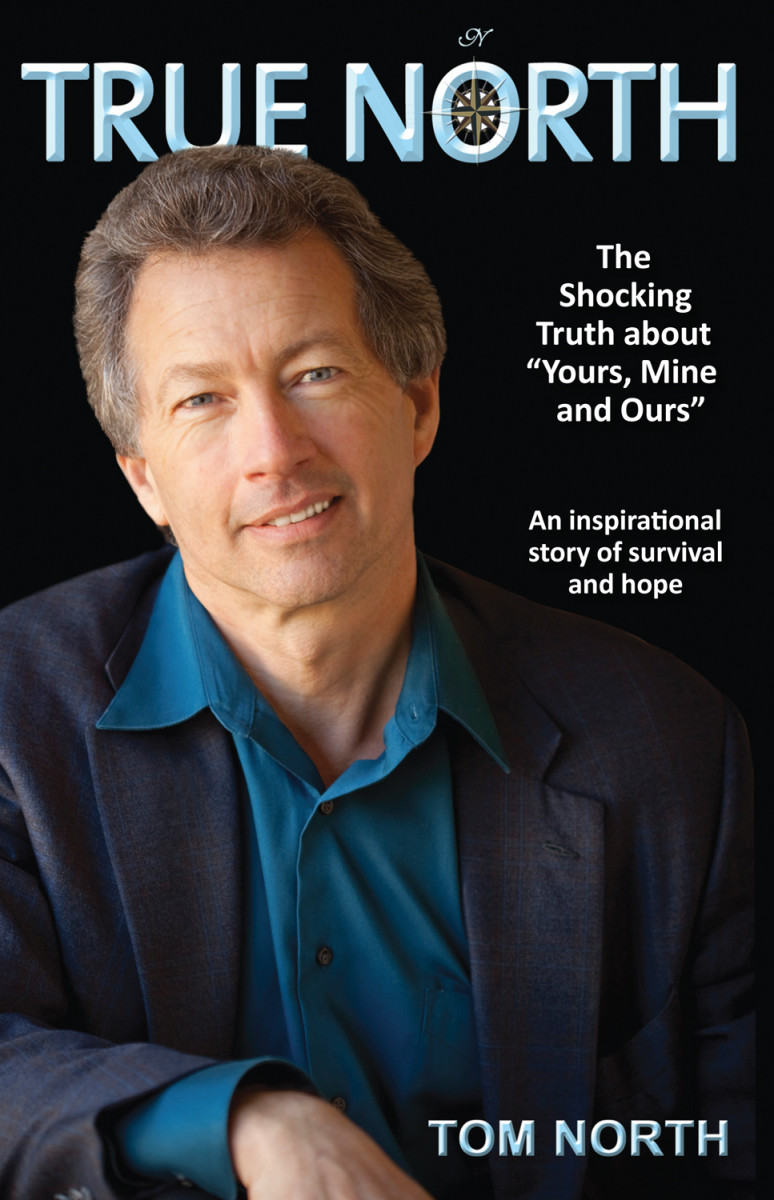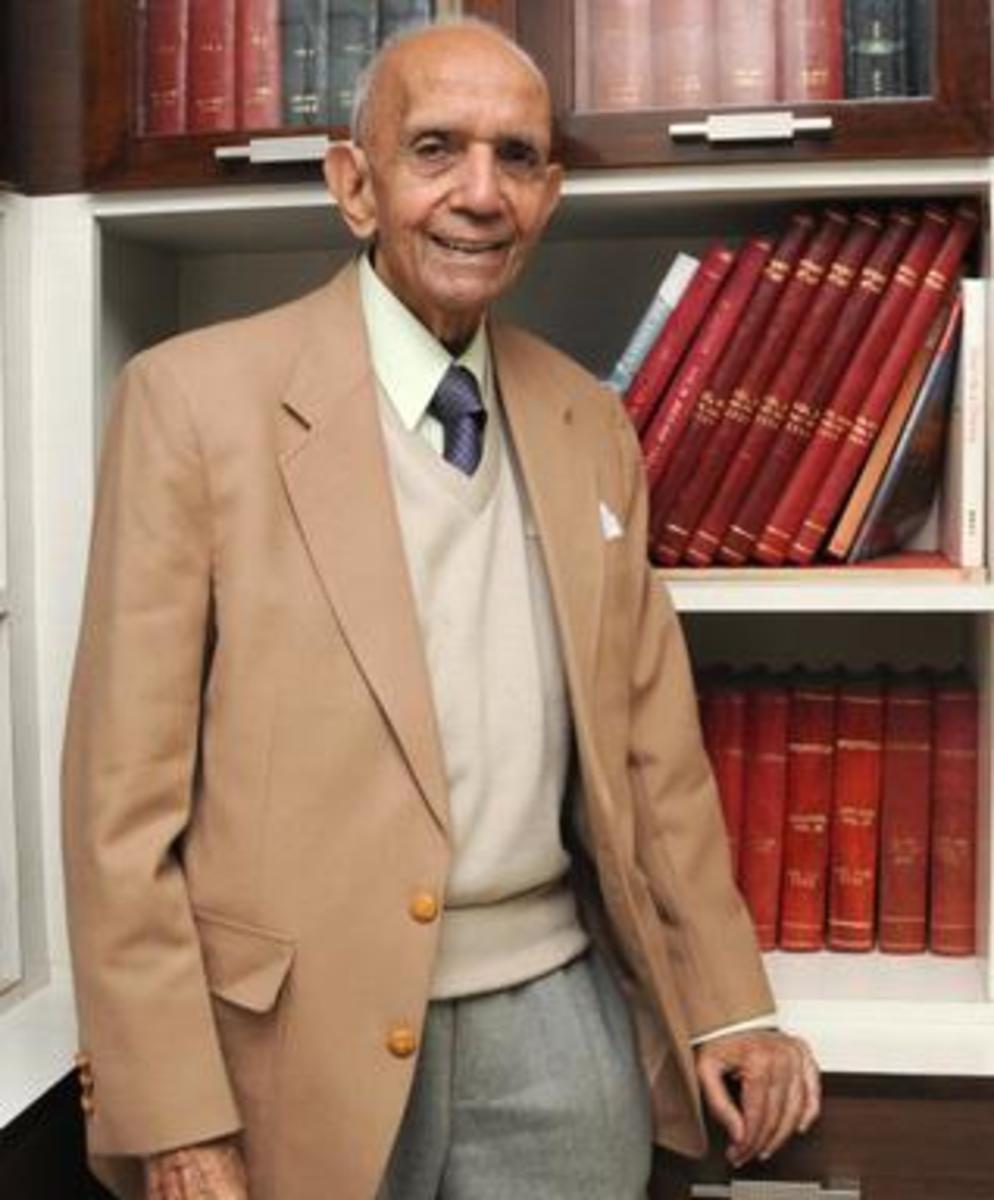Existentialism: An Humanistic Approach
Criticism
Literary criticism is a mean to evaluate a literary work. It explores all the aspects of a work. It is a bridge between the author and the reader. Sometimes it explores those points too that were not present in author's mind while writing the book. It helps the readers to read in between the lines of any work. It also enriches readers' knowledge about the author and its historical background. It provides readers to evaluate a work from different ways.
Who is a critic?
A critic is not an author but the interpreter of author and his/her works. Sometimes a critic can write works but his main objective is to evaluate any work according to different norms of theories. Practical aspect of theory is known as criticism. Before 1900 a literary work was evaluated on the basis of its content and style. After 1900 in modern era many theories were emerged like structuralism, post-structuralism, deconstruction, psychoanalytic theory, feminist theory, post-colonial theory, new historicism, phenomenological theory and existentialism theory etc. The biggest demerit of these theories is that it narrowed the vision of the reader and critic. One cannot feel the beauty of the book due to following any above mentioned theories. For example: A psychoanalytic critic understands only psychological aspect of any work. He cannot see the work as a whole.

Existentialism theory
Existentialism, the philosophy of man’s real existence as a living, active and free agent, has two important phases. The old, religious and spiritual phase and the new secular and one may say, humanistic phase. In the early phase existentialism counts among its leaders such thinkers as Socrates, St. Augustine and Pascal. The center of this philosophy is the individual man, his strange nature and the meaning of his existence on this earth in relation to God and to other men in society. This position is summed up in the famous soliloquy of Hamlet, ‘What a strange piece of work is a man,’ at once so great and so helpless, a compound of noble and ignoble impulses warring within him, an image of God yet a born sinner, a creature of dust, yet with a divine spark, infinite in potentialities, yet mortal with death haunting his mind as a dark possibility every moment. The very nature of his existence is a burden, a mystery, with tension, fear, anxiety, despair and dread woven into its very fabric, the bur then of hamlet’s problem ‘to be or not to be’ is the burden of every man. What is being? Hamlet’s answer is right- to take up the sword against a sea of troubles and fighting end them or end yourself. It is a commitment to an active positive way of life.
The sanctity of the individual’s being was protected for several centuries by Christian humanism, which, however, could not survive the disruptive tendencies which had reached their climax by the middle of the nineteenth century. The universe was deprived of God and the vacuum was sought to be filled by Hegel’s abstract ‘Absolute’. Industrialism had brought about a break-up of communal life and the growth of cities had meant the huge collection of individuals as separate atoms, each atom simply a slave of machine or a tool in the complex process of production or of organization.
The situation was intolerable and voices were raised by many a thinker against this depersonalization of the human individual. It was under these circumstances that Soren Kierkeggard, a Danish religious thinker of the early 19th century, outlines his philosophy of being or the meaning of man’s existence. Man has to balance his two relationships vital for his real being, his relation to other men in society to whom he has to live and work and his relation to God, who is so high and remote from him that he has to make a leap to him by his reckless faith. The individual exists really through choice and commitment to some end; he is an actor not a spectator; he is dynamic, not static, becoming not a being and his salvation lies in constant going forward, constant realization of his potentiality. Yet, he is aware of death, of non-existence, of total annihilation. Hence his existence is simply a series of crises, haunted by fear and sometimes even despair which generates religious humility.
You should read it...

- Books That Must Be Read During Corona's Lock Down
The virus CORONA Covid-19 has covered all over the world. Almost every country has locked down to control its spread. There is no particular medication or vaccination of this virus. Only self control and isolation can hep. - A Taste of Well-Being: Sadhguru's Insights for Your Gastronomics: Isha Foundation: 978935136
A Taste of Well-Being: Sadhguru's Insights for Your Gastronomics [Isha Foundation] on Amazon.com. *FREE* shipping on qualifying offers. A Taste of Well-Being: Sadhguru's Insights for Your Gastronomics

